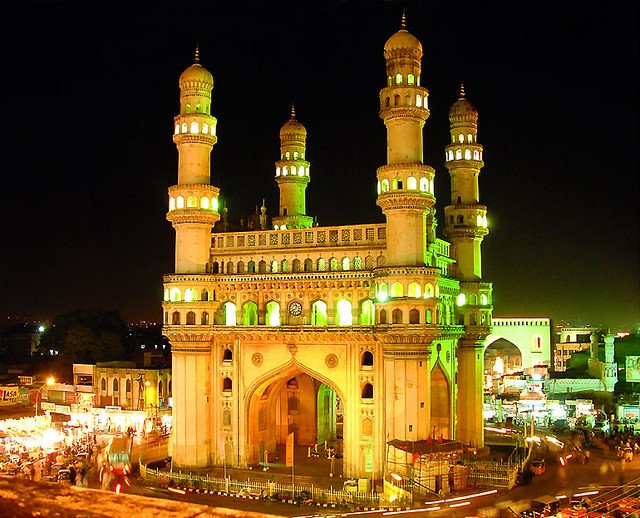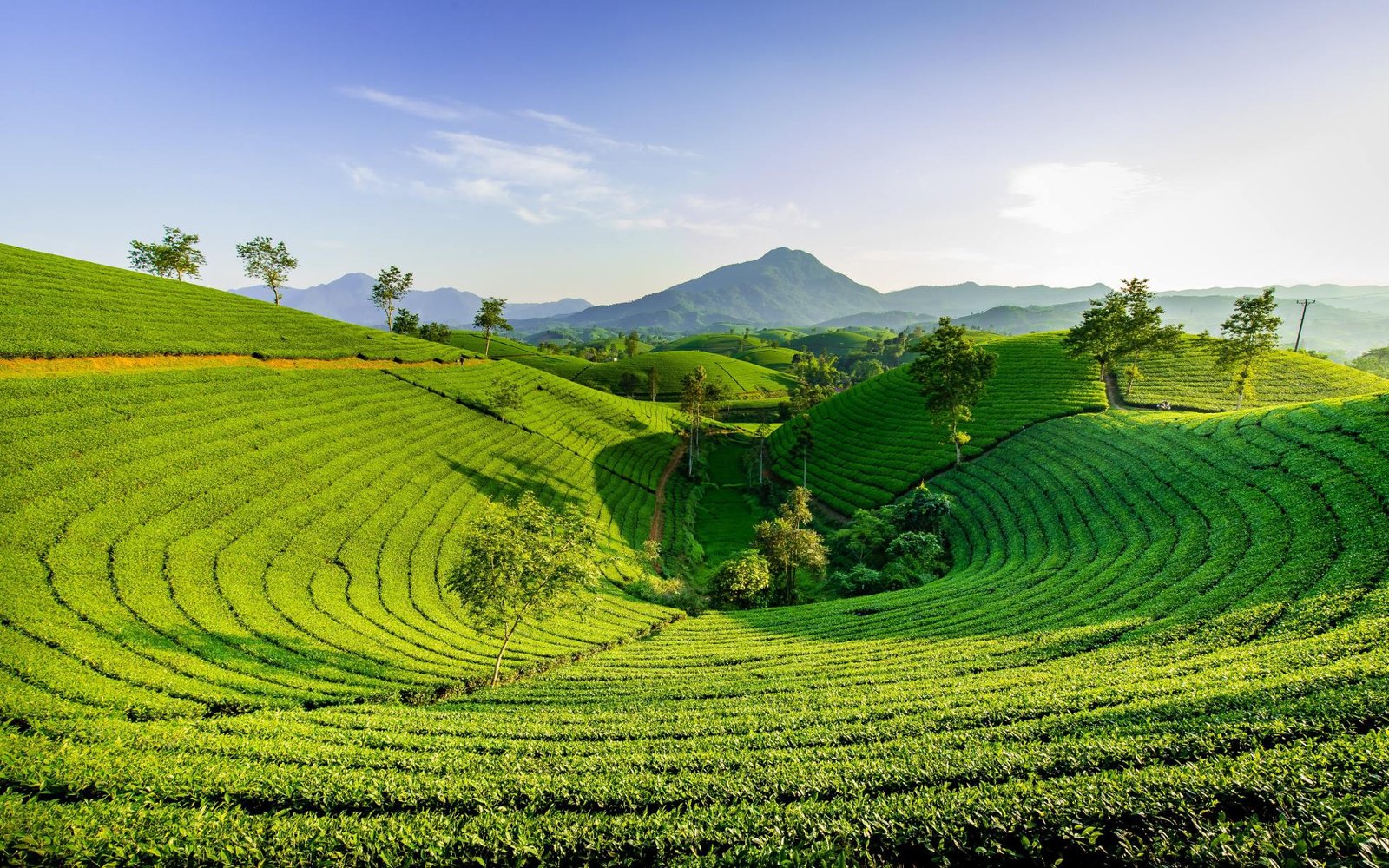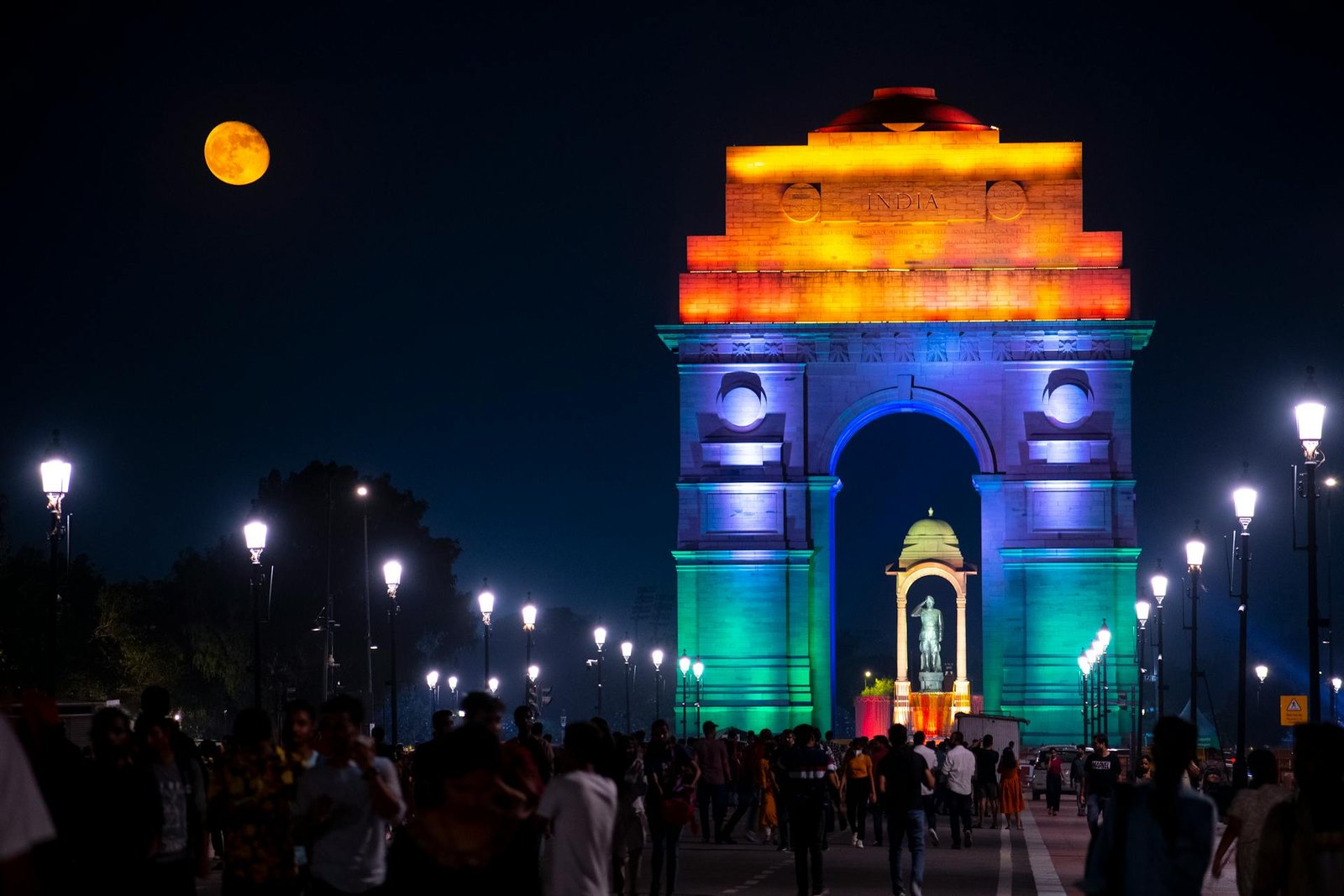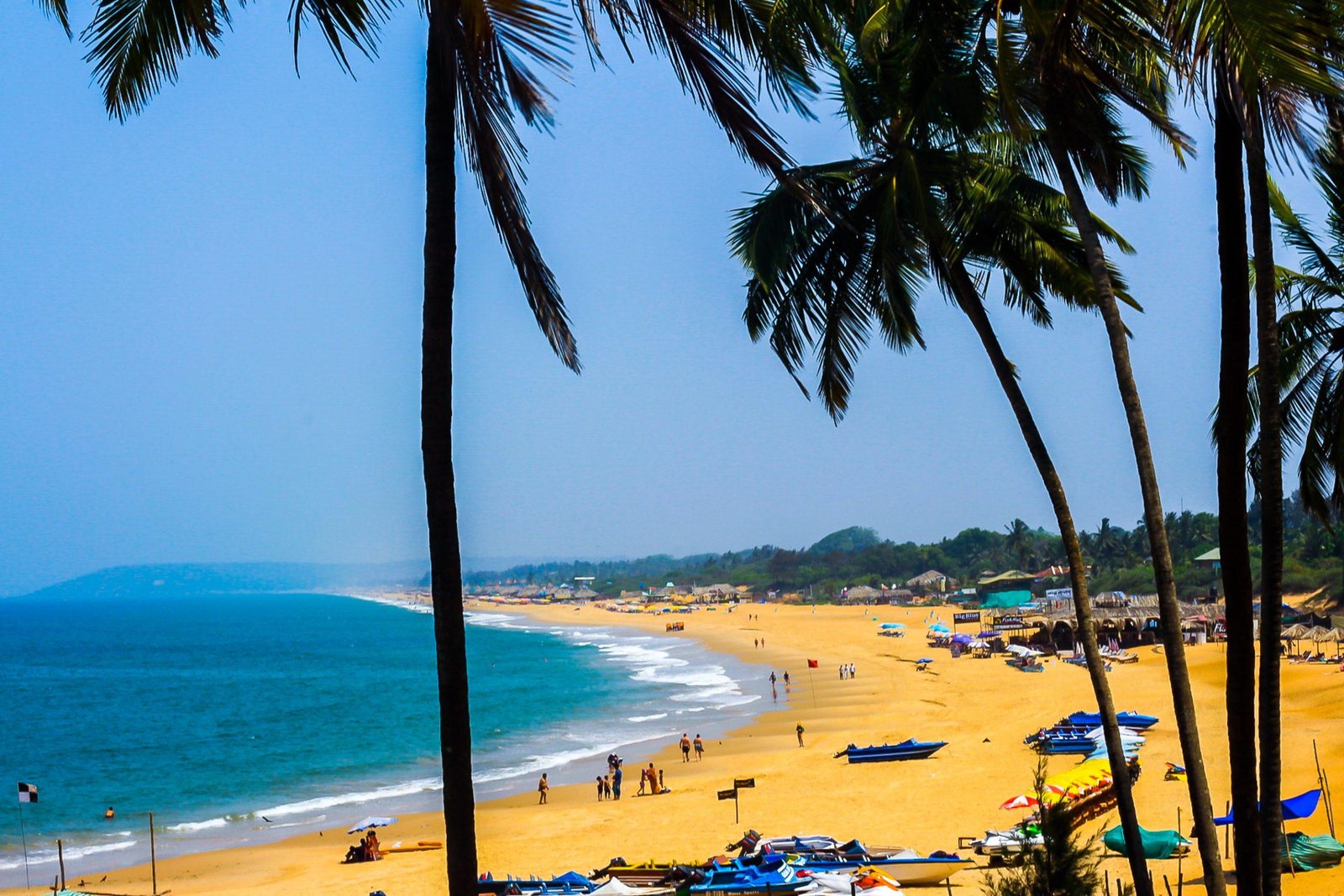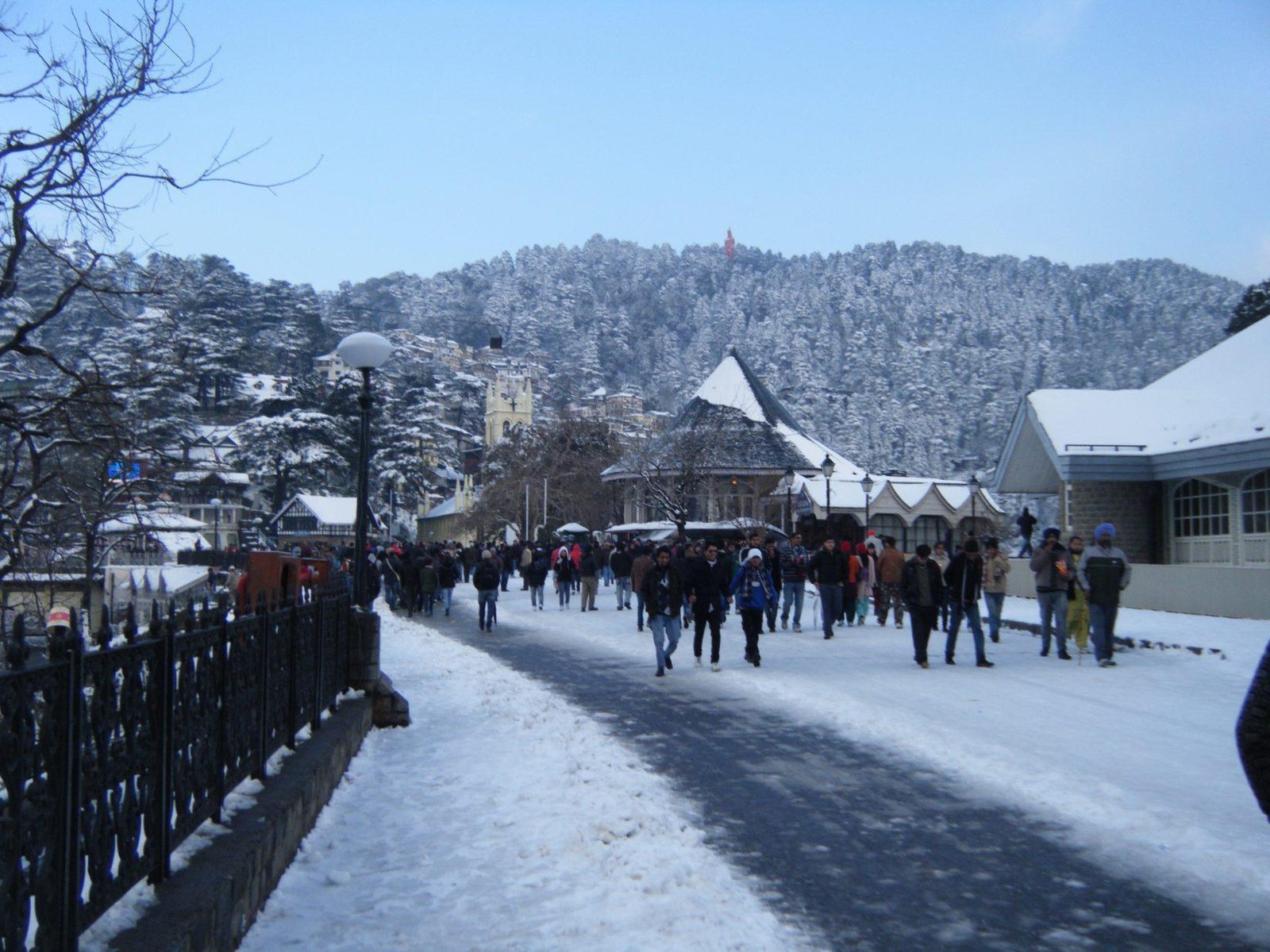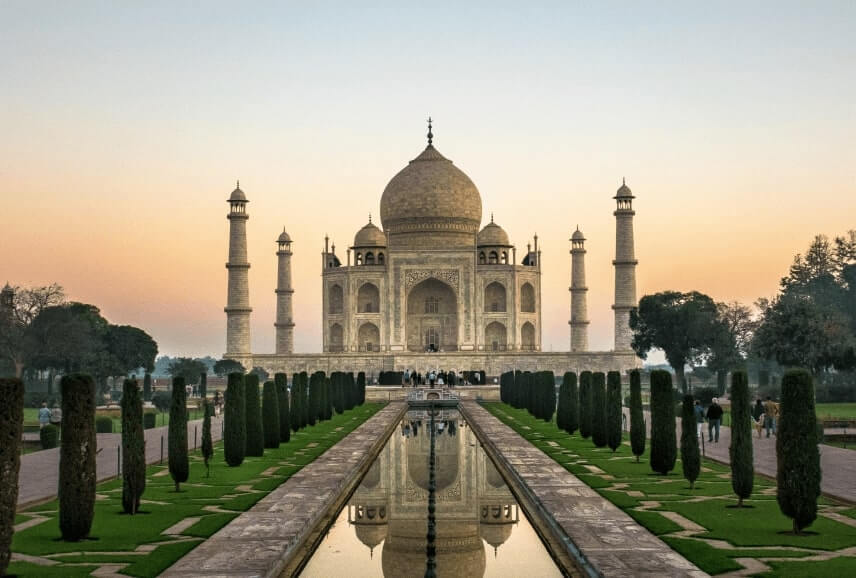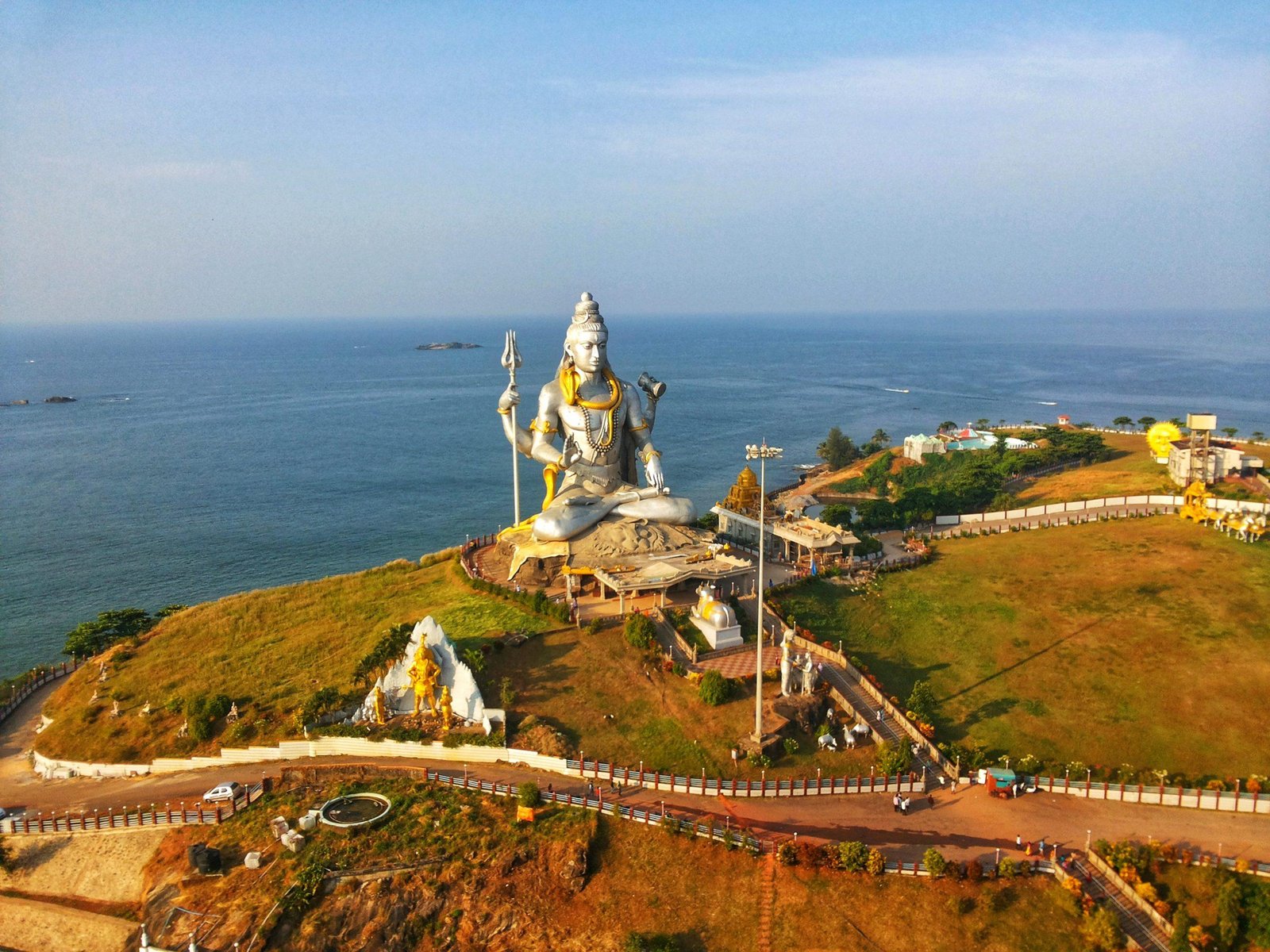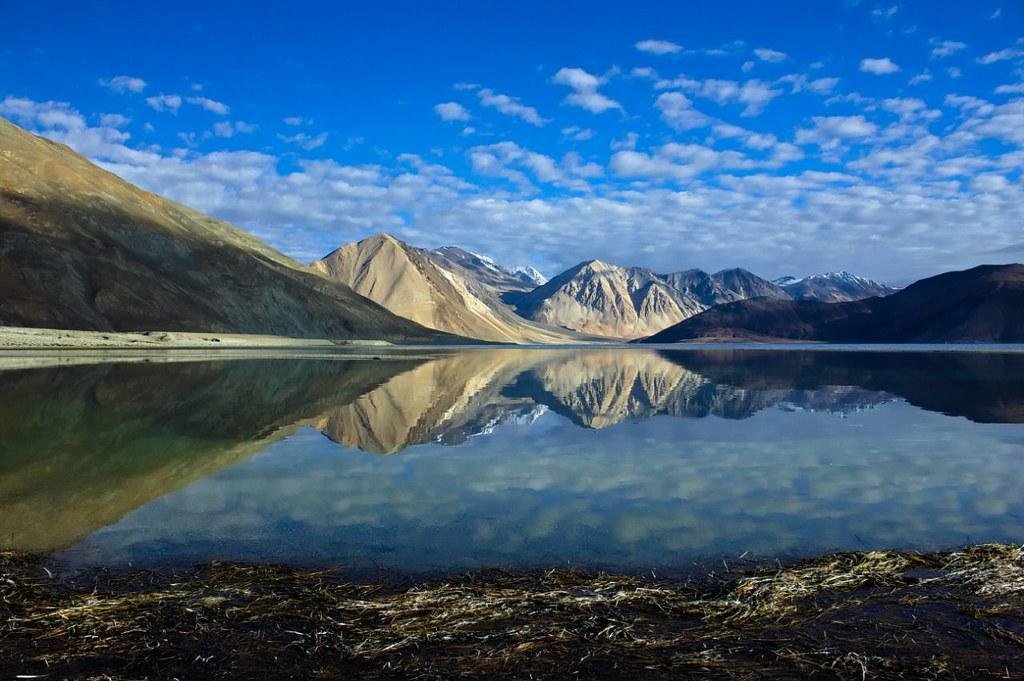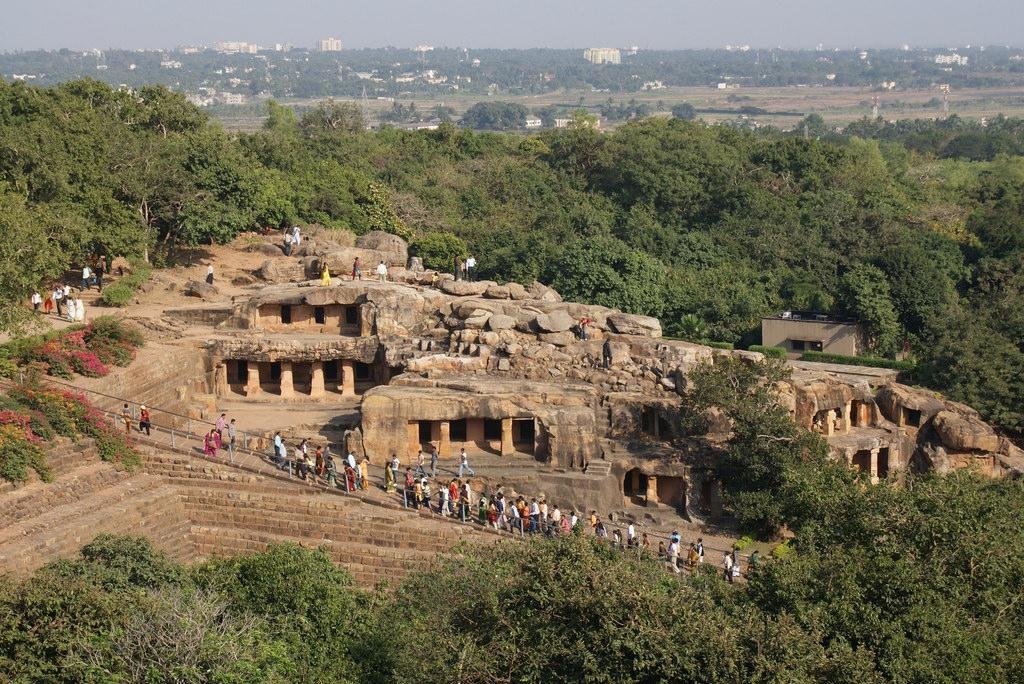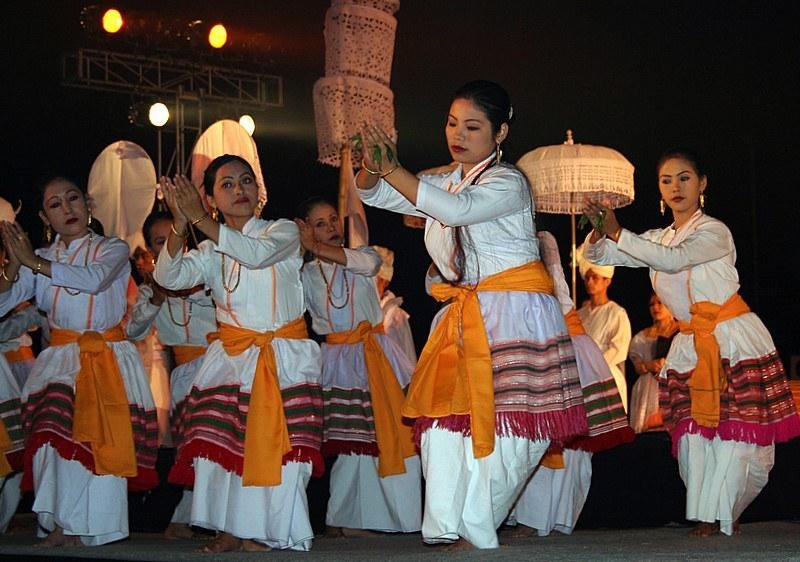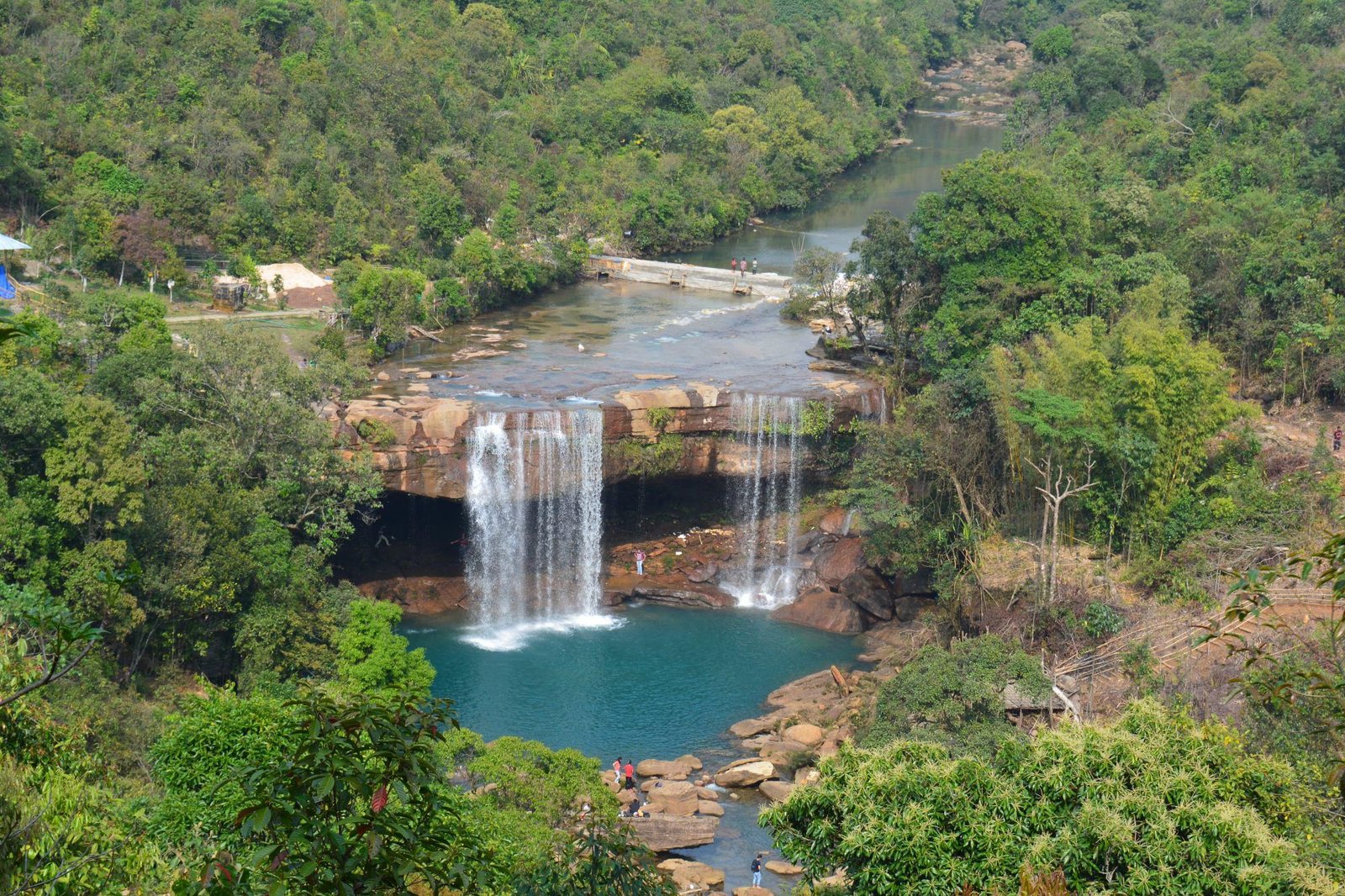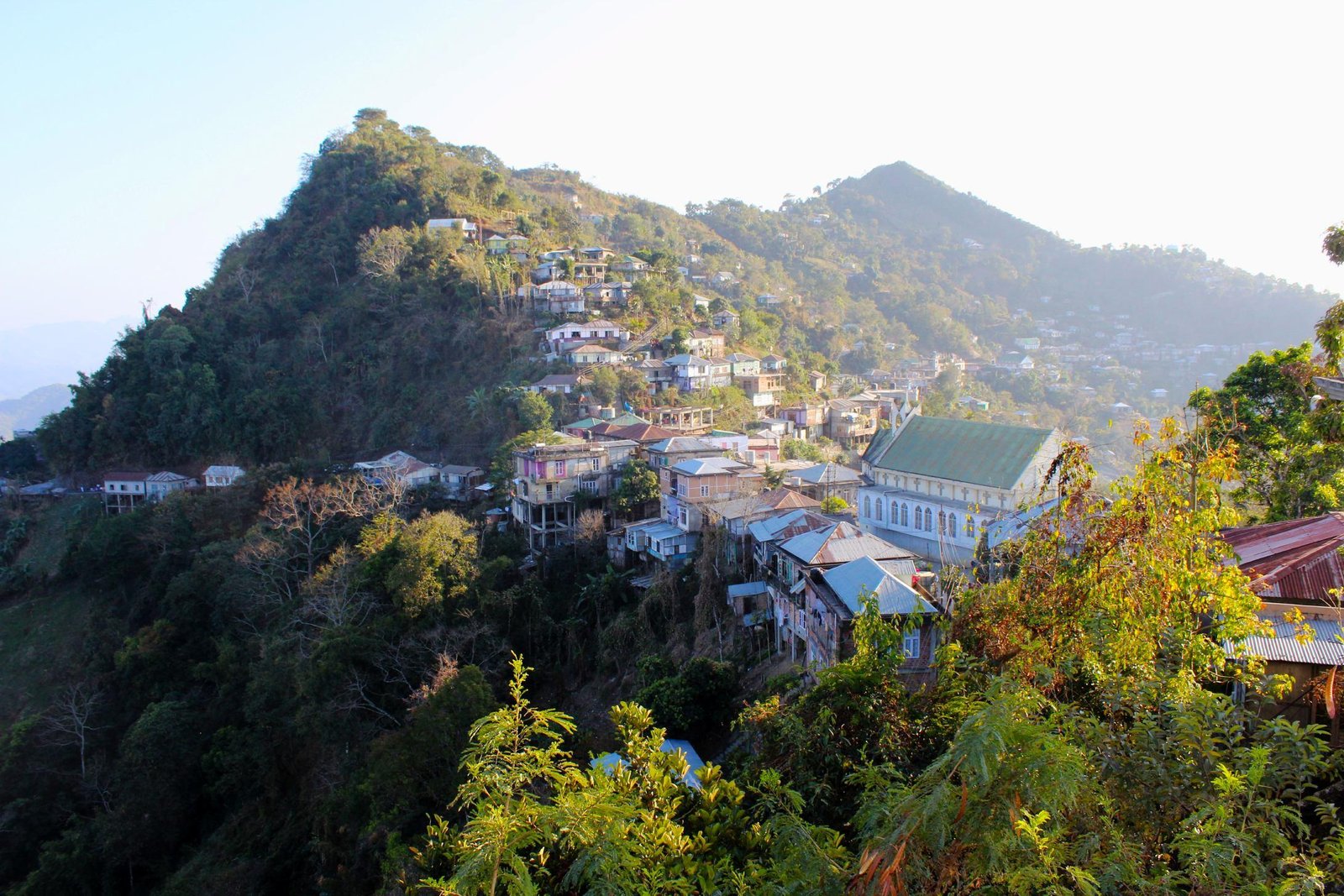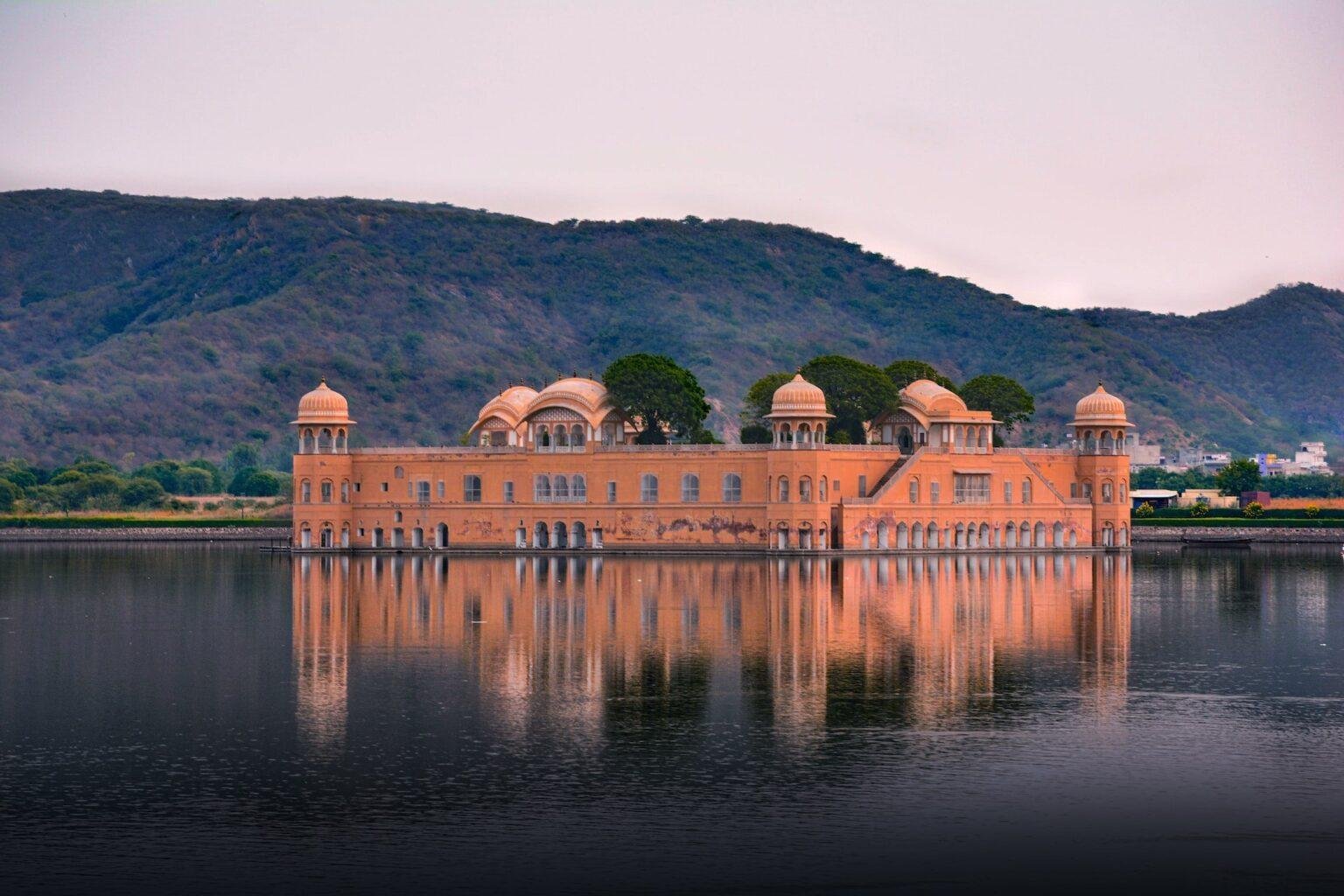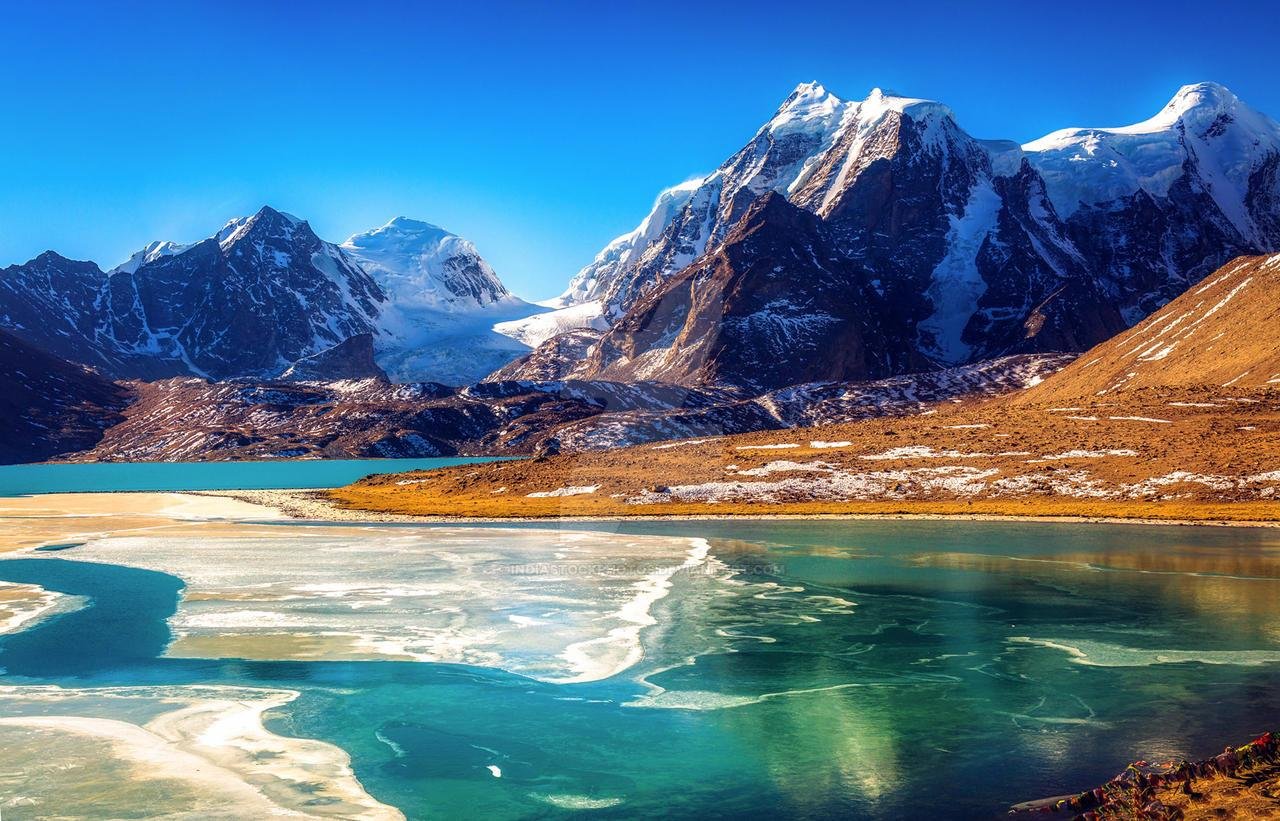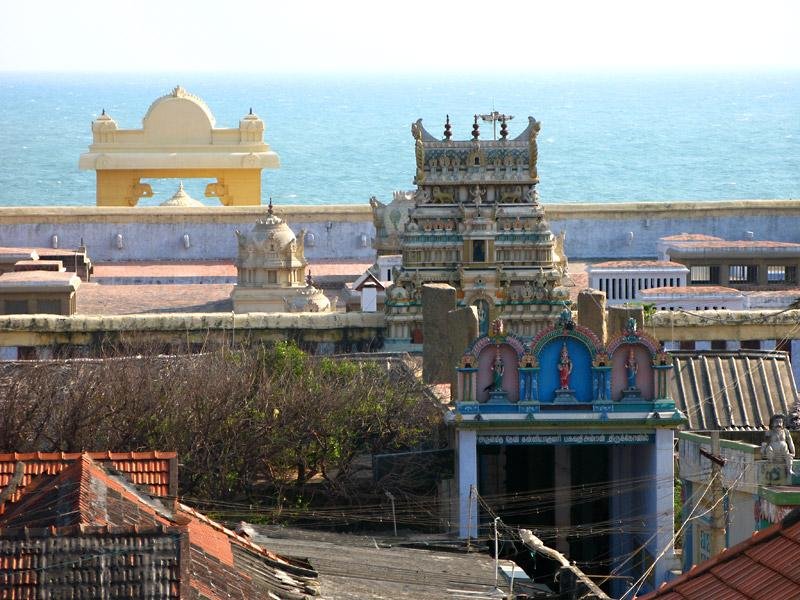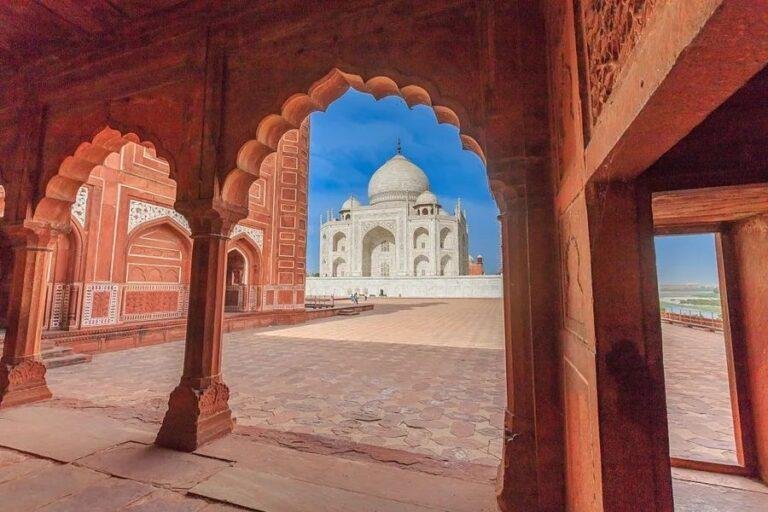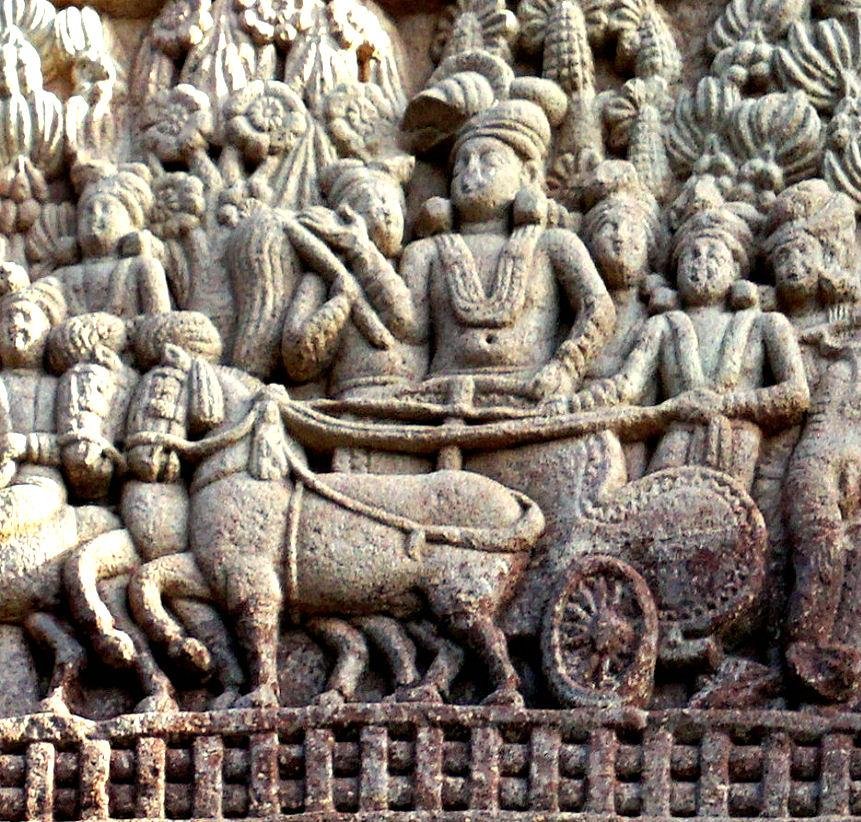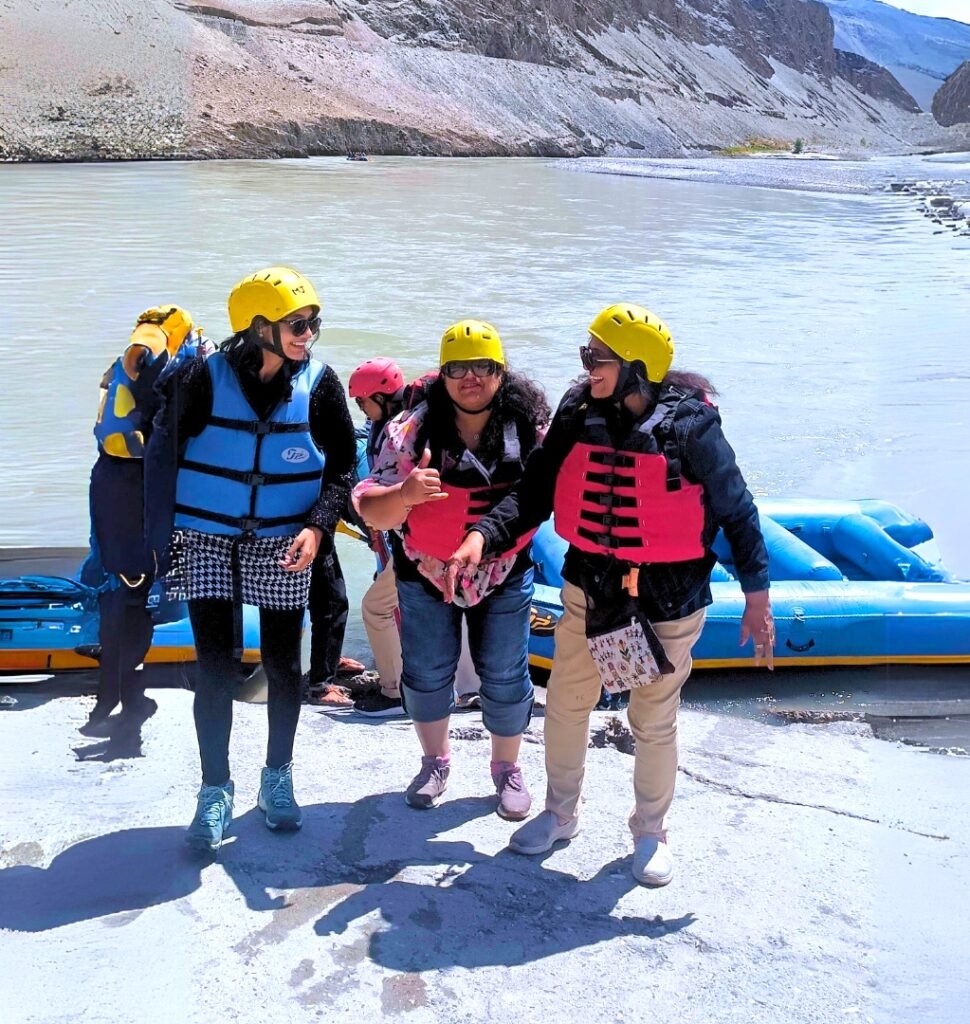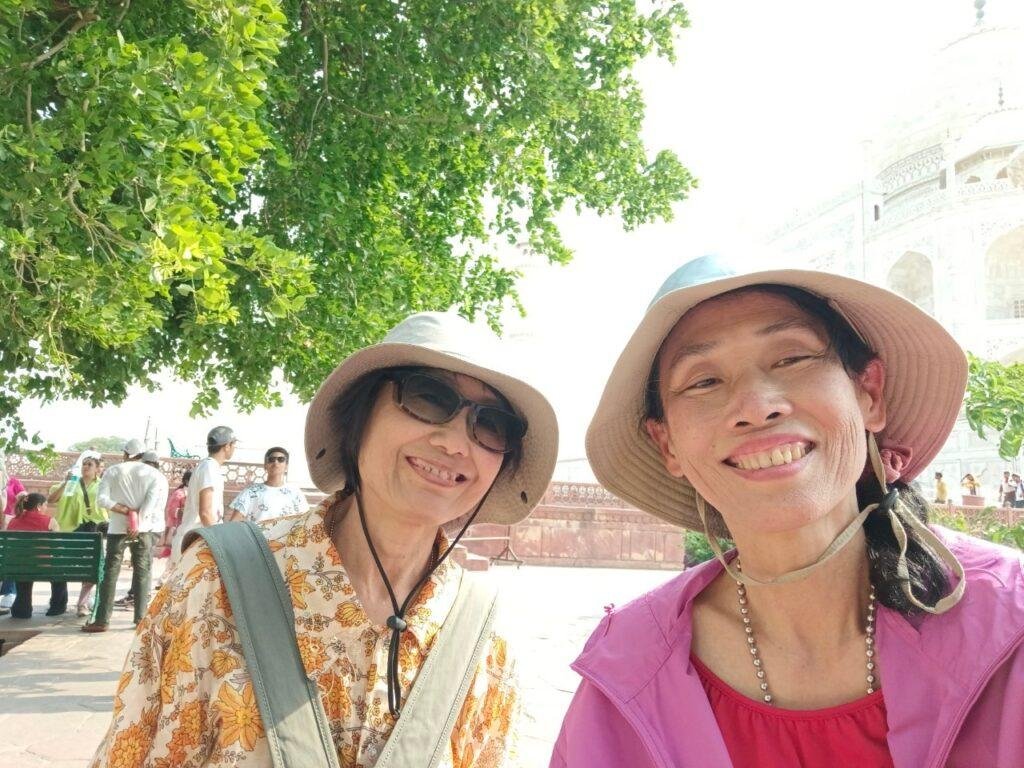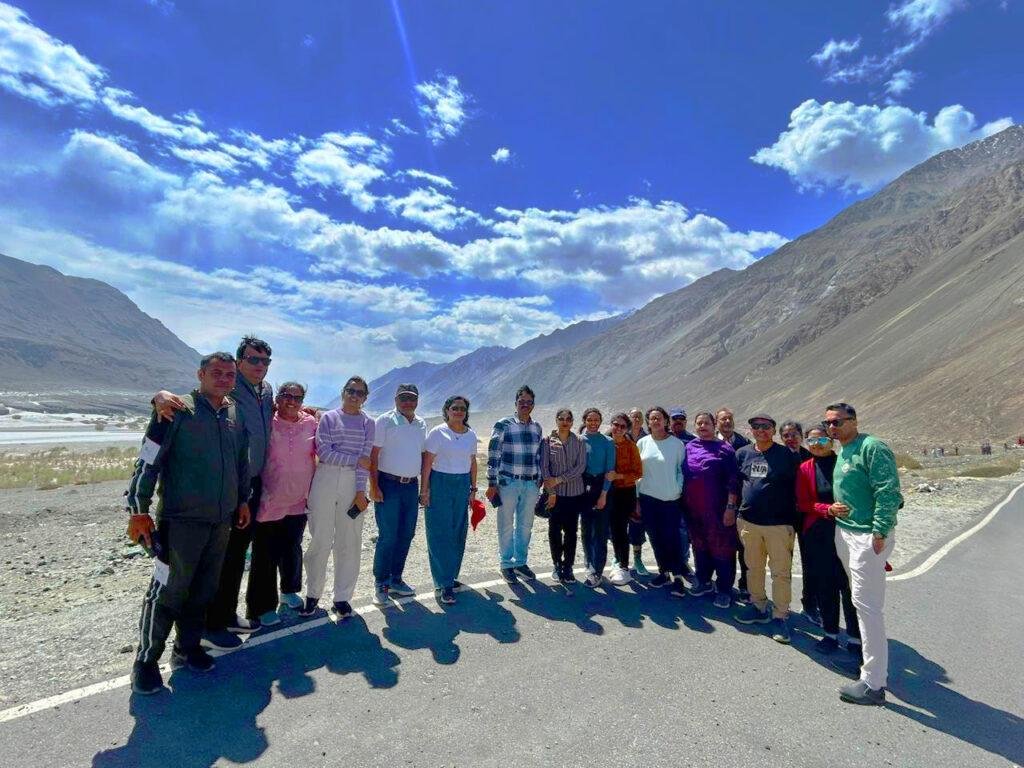Kerala, located on the southwestern coast of India, has a rich and diverse history that spans several centuries. Here is a concise overview of the history of Kerala:
Ancient Period:
The history of Kerala dates back to the ancient period. The region was known as “Cheralam” or “Keralaputra” in early Sanskrit texts. Kerala was a major center of trade and commerce, attracting merchants from across the world. The region had close connections with ancient civilizations such as the Greeks, Romans, and Arabs.
Medieval Period:
During the medieval period, Kerala witnessed the rise of various powerful kingdoms. The Chera dynasty, which ruled from the 4th century BCE to the 12th century CE, played a significant role in shaping Kerala’s history. The region’s prominence in the spice trade attracted foreign powers, including the Portuguese, Dutch, and British, who established trading posts and exerted influence over the coastal areas.
Colonial Era:
The arrival of European powers in the 15th century marked a significant turning point in Kerala’s history. The Portuguese were the first to establish control, followed by the Dutch and finally the British. The British East India Company gained dominance in the 18th century and gradually extended its influence over Kerala. The region became part of the British Raj until India gained independence in 1947.
Socio-cultural Influences:
Kerala has been a melting pot of various cultural influences. The region’s unique cultural traditions are a blend of indigenous practices, Dravidian heritage, and external influences. Kerala’s society has been shaped by the influence of Hinduism, Christianity, and Islam. The cultural practices, festivals, art forms, and architecture of Kerala reflect this diverse heritage.
Political Movements and Reformation:
Kerala has a history of social and political movements that played a significant role in shaping modern Kerala. The social reform movements led by prominent figures like Sree Narayana Guru and Ayyankali challenged social inequalities and worked towards social justice and upliftment of marginalized communities. The reformation movements in Kerala also brought about changes in religious practices and led to the rise of progressive ideologies.
Formation of Kerala State:
After India gained independence, Kerala witnessed a series of political changes that eventually led to the formation of the state of Kerala in 1956. The integration of several princely states and the linguistic reorganization of states in India contributed to the formation of Kerala as a separate entity.
Modern Kerala:
In recent times, Kerala has achieved notable progress in various sectors such as education, healthcare, and social welfare. The state’s high literacy rate, focus on human development, and unique model of decentralized governance known as the “Kerala Model” have gained recognition both within India and internationally.
Today, Kerala is known for its vibrant culture, natural beauty, and human development indices. It continues to preserve its rich history while embracing modern advancements, making it a unique and dynamic state in India.
